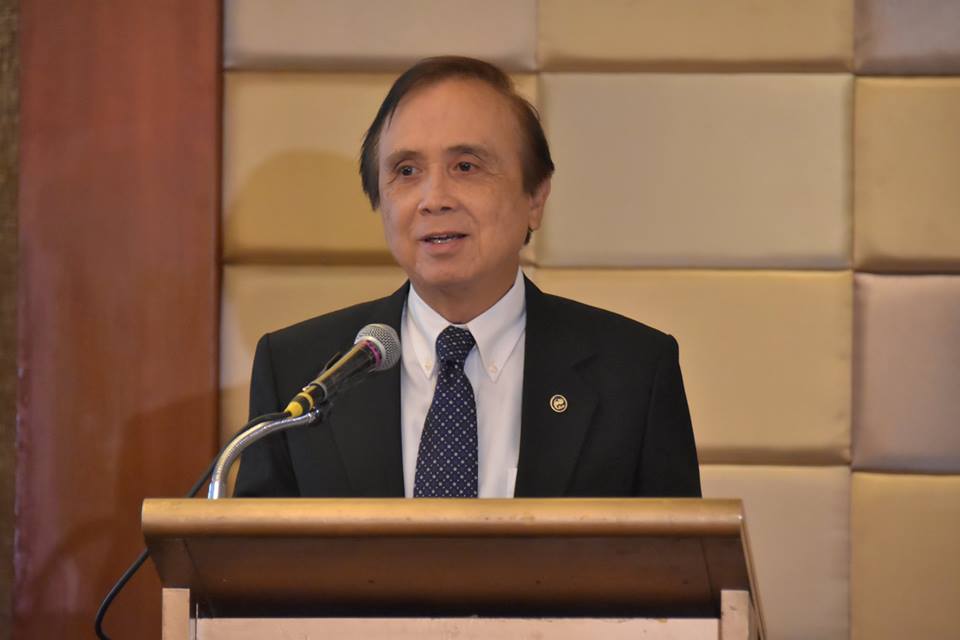Business and Economy
TRAIN law beneficial to PH: Pernia

FILE: Pernia said the law has improved fiscal space for the government to fund the “Build, Build, Build” program and various social programs, including the conditional cash transfer (CCT), unconditional cash transfer (UCT), free tuition in state universities and colleges (SUCs), free irrigation for farmers, and ‘Pantawid Pasada’ cash grants. (Photo: National Economic and Development Authority/Facebook)
MANILA — The proposed suspension of the tax reform law could hamper the implementation of the administration’s massive infrastructure and social programs that would benefit millions of Filipinos, the country’s chief economic planner said Friday.
Socioeconomic Planning Secretary Ernesto Pernia said the implementation of the first package of the Tax Reform for Acceleration and Inclusion (TRAIN) law “has been very beneficial” for the country.
Pernia said the law has improved fiscal space for the government to fund the “Build, Build, Build” program and various social programs, including the conditional cash transfer (CCT), unconditional cash transfer (UCT), free tuition in state universities and colleges (SUCs), free irrigation for farmers, and ‘Pantawid Pasada’ cash grants.
“We are spending a lot so people should know that it’s not a good idea to just suspend or abolish the TRAIN law because many of these spendings on social programs like CCT, UCT, SUC free tuition cannot be implemented. And of course, the Build, Build, Build program will be hampered,” he said in an interview in his office.
The Duterte administration intends to spend PHP9 trillion on its massive infrastructure program which is expected to generate about 1.1 million new jobs every year.
The National Economic and Development Authority (NEDA) also estimated the “Build, Build, Build” program contributes as much as PHP31.2 trillion to the economy over the next five years.
Implemented last January 1, TRAIN is the first package of the Comprehensive Tax Reform Program (CTRP) which reduces personal income taxes and adjusts excise taxes on fuel and automobiles.
“We hope the TRAIN 2 will be passed before the end of the year because that’s also a critical package of CTRP. The CTRP is a very sound program, well studied (law), and it is the outcome of so many consultations,” Pernia added.
The second package of the tax reform program seeks to lower corporate income tax rates and rationalize fiscal investment incentives.
Some lawmakers have reiterated their call for the suspension of the TRAIN law amid increasing inflation rate, while others suggested postponing the collection of additional excise tax under the law.
The country’s inflation rate rose to 5.2 percent in June 2018 due to faster price increases in major commodities like food, fuel and transport.
Such increases were caused by various factors, including global oil prices, peso depreciation and rice prices.
“While we recognize the public sentiment on rising prices, let us remind ourselves that the TRAIN law increased the take-home pay of 99 percent of income taxpayers. And this should help in coping with the rising prices of goods,” Pernia said.





















